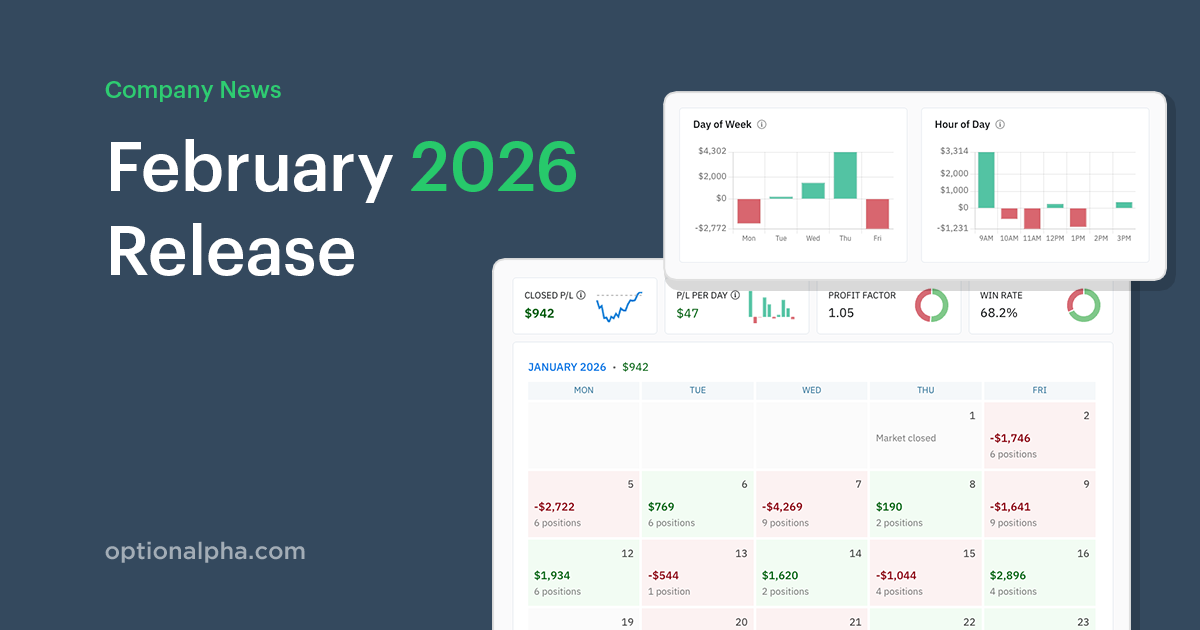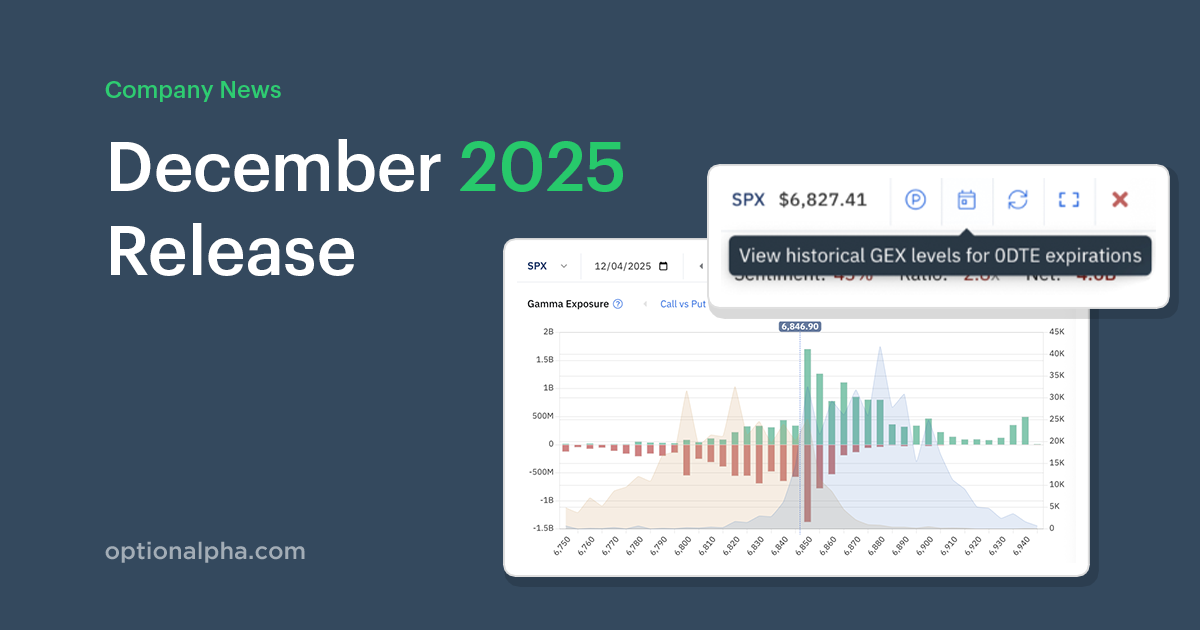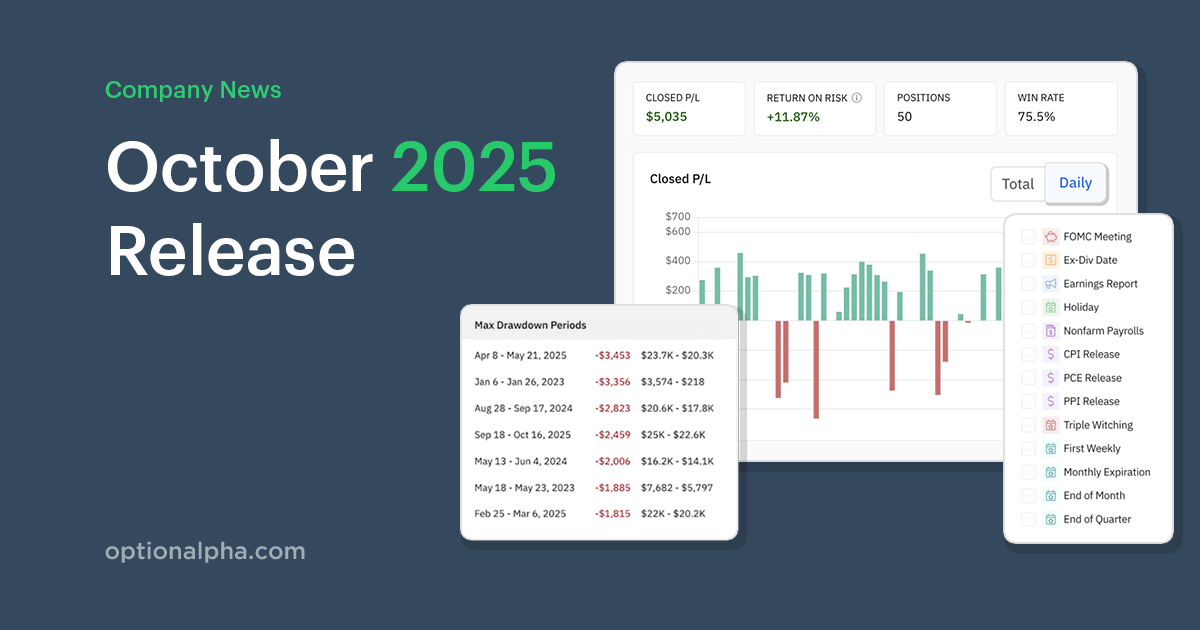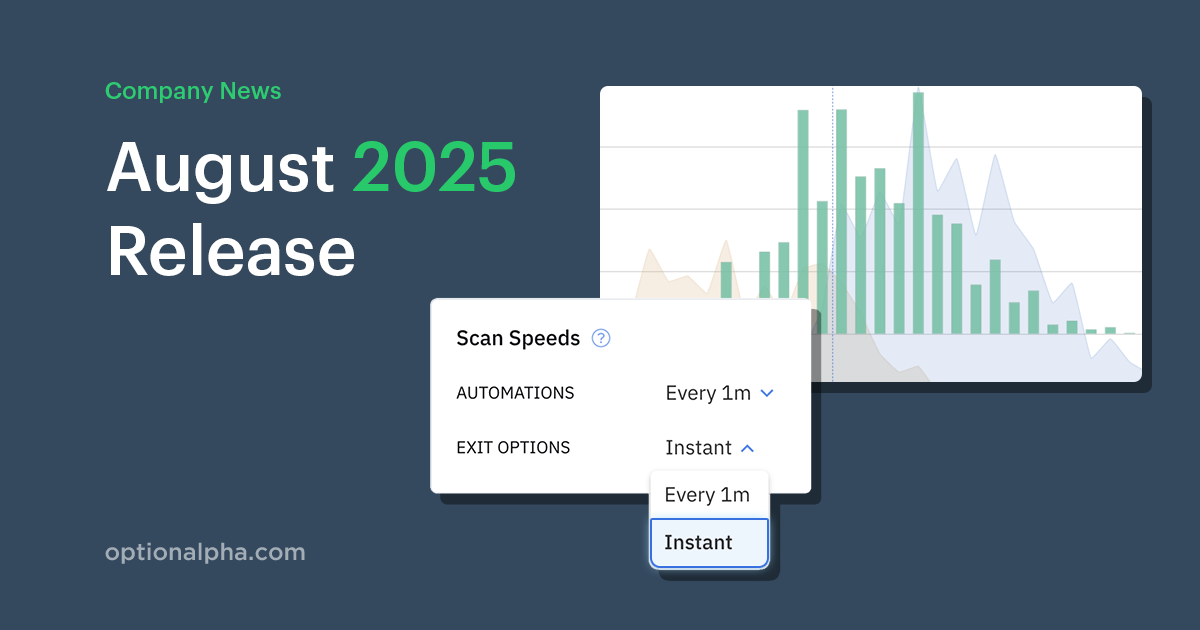I get this question a lot from new traders, so I wanted to take the time to cover it in more detail. Many people new to options trading make the mistake of investing too much of their money in the new business. A key part of a financial education is understanding the basics of risk management with respect to your entire portfolio, specifically how your income capabilities and your risk tolerance should determine your options trading allocation.
The Importance of an Emergency Fund
Before you even think about trading options (or any other investing for that matter), it is essential that you have set aside an adequate emergency fund to prepare yourself for the unexpected events.
Although many experts may debate the actual amount of money needed in such a fund, the consensus is that you should be able to support yourself for 3 to 6 months from your emergency fund.
Since an emergency fund is designed to protect yourself in case of an emergency, that cash should be easily accessible in a highly-liquid savings account or money market fund.
Under no circumstances should you think about investing these funds in options. Given the risk management characteristics of emergency funds, this cash should only be placed in accounts that have very little risk attached to them.
And never make any excuses as to why you "need" to take money out of it. It shouldn't be used for a new car purchase or a new iPad.
Where To Find Money to Invest in Options
Once your emergency fund is fully funded, you can start to think about the cash that is available to you for options trading. If you have any additional savings that are not a part of your emergency fund, this cash could conceivably be used as part of your allocation towards options trading.
In addition, I would make it a point to include or at least allocate any future income that you earn from your current job to grow your portfolio. Budget out your monthly expenses and include a line item for the "trading fund."
That's why my wife and I do each month. We allocate 5% of her pay to the "trading fund" and, of course, all my income just stays in there except what we pull out for my personal salary to myself.
Regardless of how you allocate, the key here is to find something you can consistently put towards your future. If that means skipping a Starbuck's latte each week then say goodbye to those delicious pumpkin spice lattes!
So What's The Magic Number Kirk?
Back to that question everyone asks: "How much should I invest?" I would say at least $5,000.
Honestly, this is just a guidepost and not a requirement but here's how I got there. . .
First, you don't need a million dollars (or anything close to it) to be successful.
But that said, to start with no money or very little money makes it extremely hard to get some consistency in positions. With less than $5,000 you might only end up trading 1 or 2 positions per month, which is frankly not enough to generate income to cover commissions.
Lastly, at least $5,000 puts enough skin in the game that you take this seriously. There is something to be said about watching your money closely, and I firmly believe that if you have a bigger chunk of money invested you are going to be more invested in learning how to trade options smarter.
6 Extra Things to Consider
Although such a broad-based education in personal finance could take a lifetime to learn, a few key lessons that I have learned along the way and wanted to share are as follows when it comes to allocation of funds:
- Always have an adequate emergency fund of at least 3-6 months
- Do not invest in anything you don't understand. (Hence why we offer free education)
- Keep all of your positions sizes small for a reason - because you make more money
- Diversify your investments among asset classes, strategies, and timelines
- Never invest money you can't afford to lose (beginners pay attention here!)
- If you worry about risk management first, the profits will take care of themselves
Options trading is an inherently risky financial activity that should only be pursued by those people who have developed effective risk management and asset allocation strategies.
However, if you are willing to obtain the education and perform the hard work necessary to make money at it, options trading can be a very rewarding and profitable.





.png)








